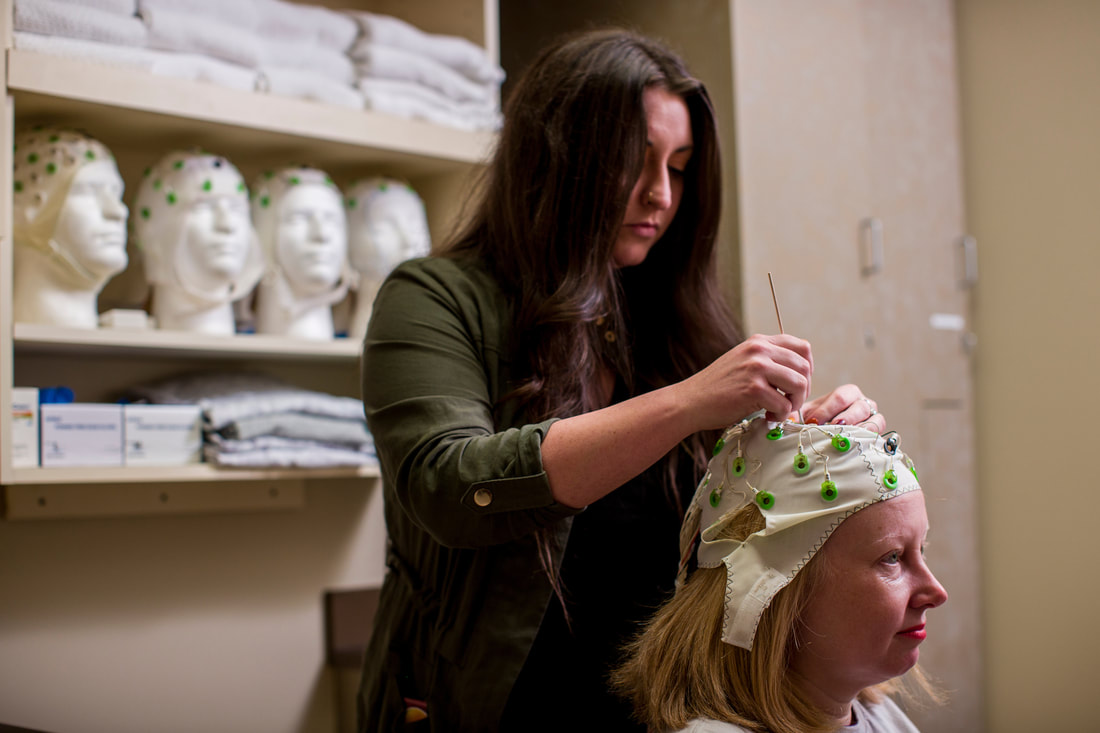Jennifer Stewart, Ph.D.
Director for Training and Mentoring, LIBR
Associate Professor, Oxley College of Health and Natural Sciences, The University of Tulsa
Associate Professor, Oxley College of Health and Natural Sciences, The University of Tulsa








